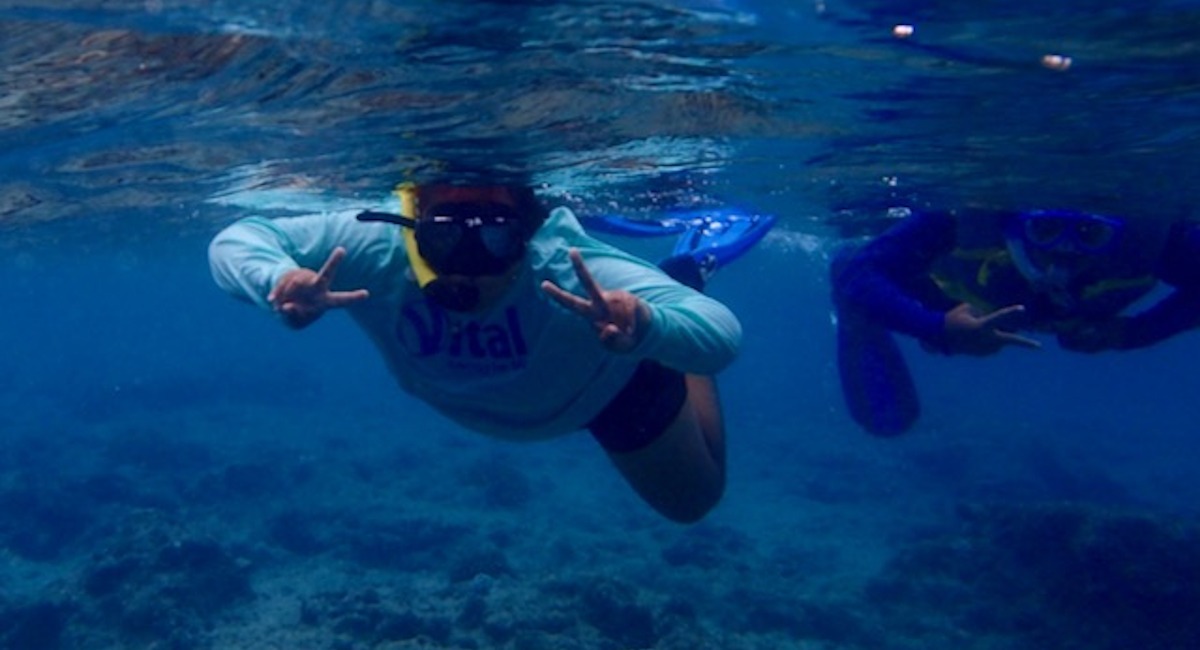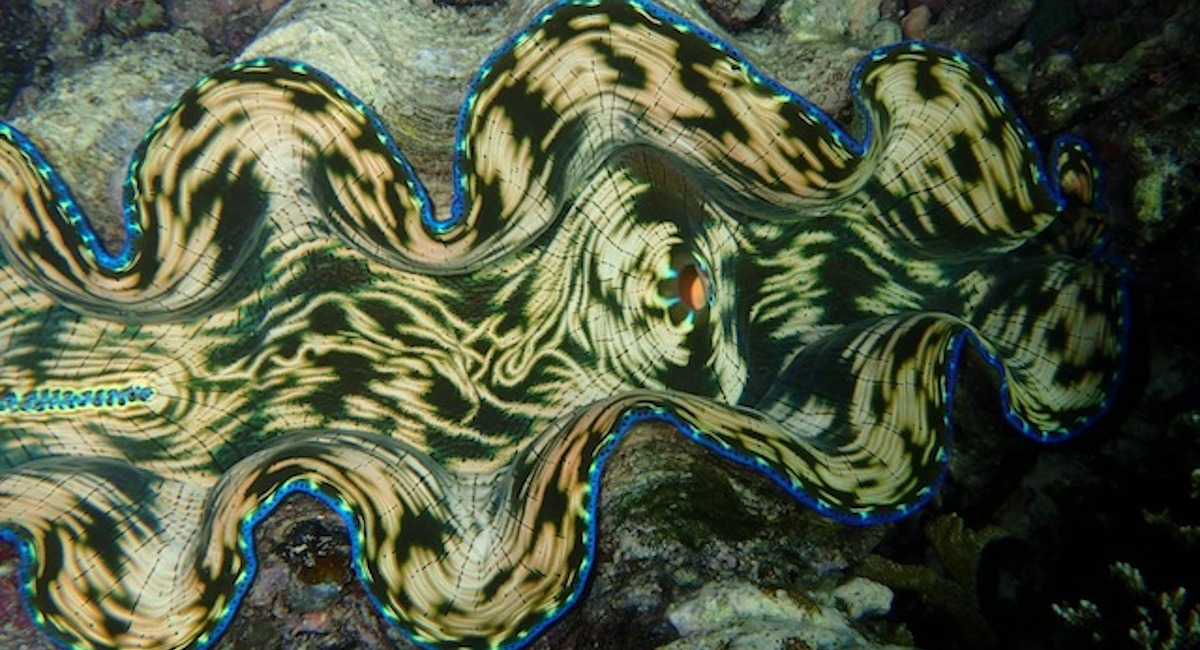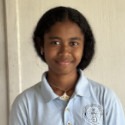
We encountered many sea creatures, some of which we had only ever seen online or might only see once in our lifetime. It was truly an eye-opening experience that allowed us to learn more about our ocean in and out of the classroom. We also participated in beach and ocean cleanups, which gave us a hands-on role in protecting the environment. Personally, I felt a deep connection with the sea, not only admiring its beauty but also studying its importance for my people and marine life.
As we visited various sites, we saw how some places were destroyed because of human activities. By burning fossil fuels, cutting down trees, and abusing our natural resources, we contribute to global warming, which causes coral bleaching and rising sea levels from melting glaciers. Out in the ocean, we saw bleached and damaged corals, areas with lots of fish, and others with only a few—a stark contrast revealing the effects of human behaviour. The destruction of corals was mainly caused by people stepping on or breaking them, and the fluctuations in fish populations were due to overfishing and pollution. All these human activities contribute to the decline of the ocean’s health. Seeing the harm that we can do to our world made us realise that taking care of creation is a major role that we are meant to play in this world.
Pope Francis mentions in his encyclical letter, Laudato Sí, that we should be grateful for the gifts God has given us out of his merciful and compassionate love. We need to appreciate the natural things around us by doing our best to help our world thrive so that we, too, can survive and flourish. By the end of the course, my peers and I developed a deeper appreciation for marine life and our island as a whole. By helping the world become a better place, we can flourish on what we have been blessed to have.
“What need does the earth have of us?” Pope Francis asks in his encyclical letter. While everyone has a role to play, we must first acknowledge the importance of God’s gifts to truly recognise our purpose. We are not to replace God, but to take care of what He has given to us. On the boat ride, I realised the importance of applying what we learn to our everyday lives. “What else can I do?” has often crossed my mind. Upon reflection, I have found my answer: to do “the more” each day towards making our world a better place by preserving what we have now.
Although we enjoyed the boat rides to see the mangroves and coral reefs, we also spent many moments in quiet reflection, focusing on our surroundings. All the beauty in nature our one true God painted and made for us to care for and enjoy. Yet in the busyness of life, we sometimes lose sight of the blessings God grants us each moment. Our experience reminded us to stay mindful of those gifts and our responsibility to protect them.








